Exact Values of Trig Functions Leap Frog Game
This blog post contains Amazon affiliate links. As an Amazon Associate, I earn a small commission from qualifying purchases.
Want to check out my favorite Amazon items for the classroom? Check out my Amazon favorites page!
Thursday night, I tweeted about cutting and laminating cards for a leap frog game in trigonometry.
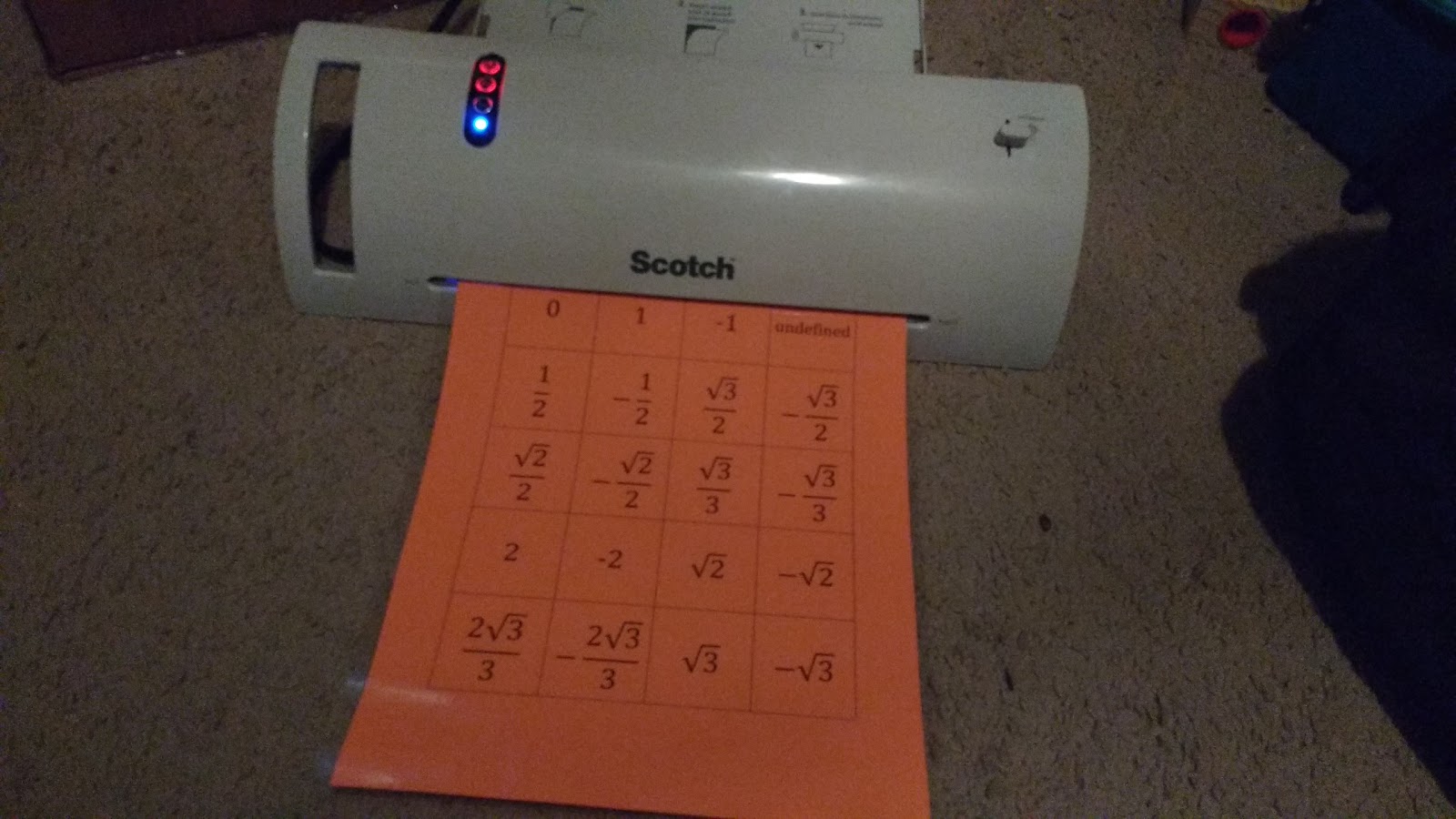
I learned about the leap frog game at the OCTM (Oklahoma Council of Teachers of Mathematics) Summer 2016 Workshop. It was at a session titled, “Taking the Practice Out of the Worksheet.” Since, there’s a 99.9% chance you weren’t there, I recapped the session and resources shared in that session on my blog here.
I suggest you read the entire post I linked to above because it is chock full of great ideas, but if you didn’t I guess I can recap the rules to playing leap frog. 🙂
The leap frog game requires two things.
1. Students must arrange their desks in a circle. Or a square. Or any convex polygon of your choosing.
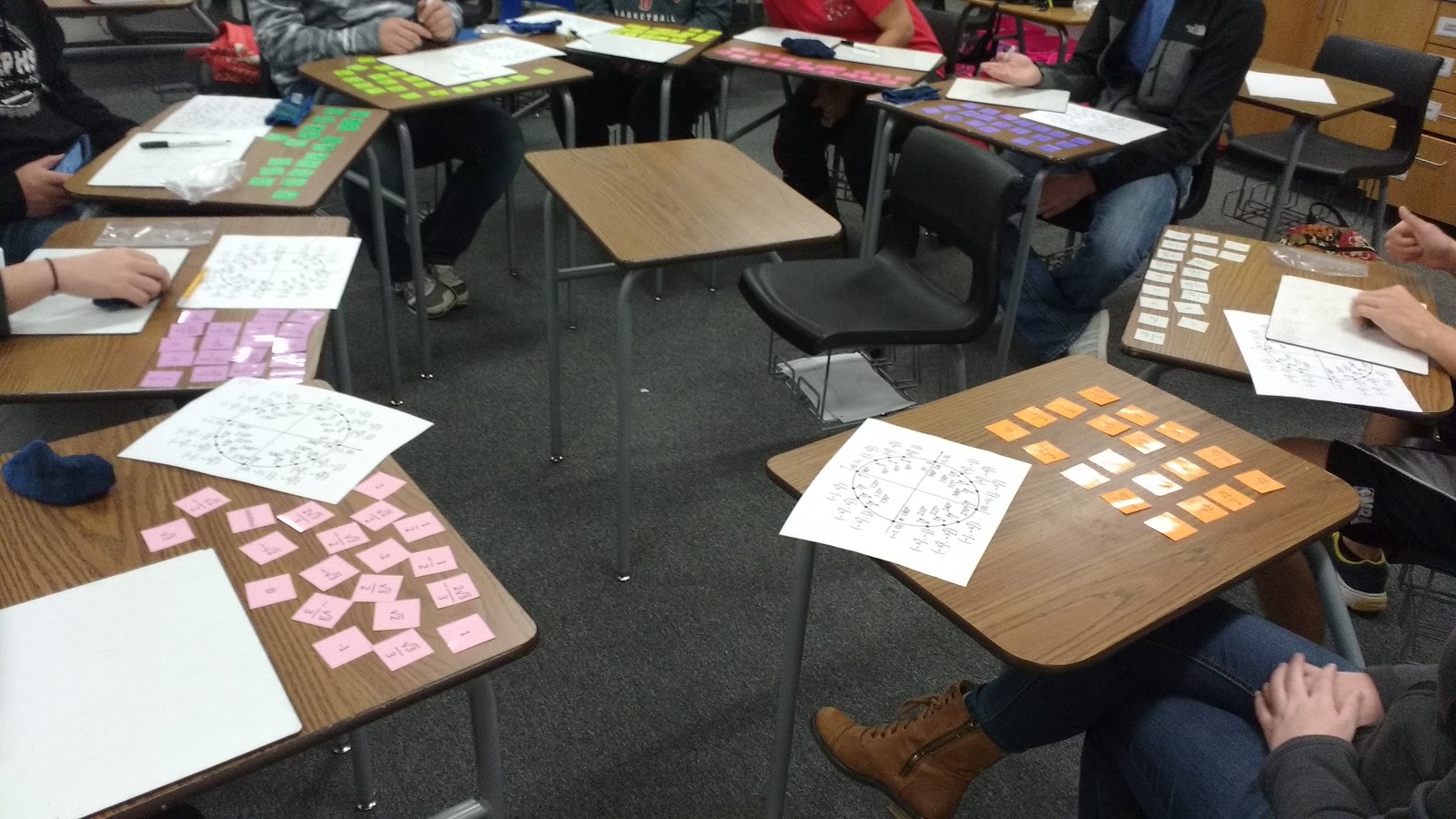
2. Each student needs an “answer bank.” You can achieve this by either making questions and typing up the answers to form an answer bank. Or, you can do what I did and pick a topic that only has a finite number of answers. I typed up every possible answer to make an answer bank that would work with any possible question I came up with.
This is the first leap frog game I created, and the topic is finding exact values of trig functions using the unit circle. Here is my answer bank:
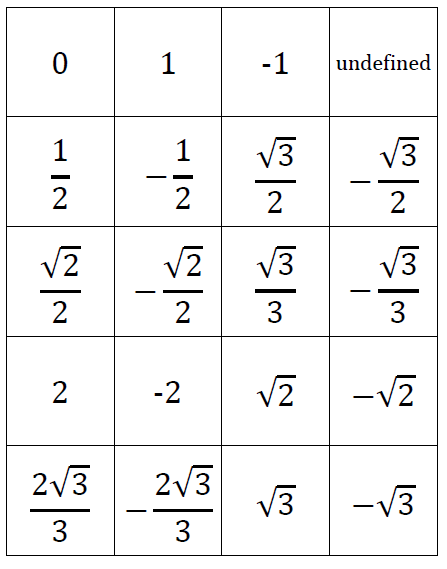
This answer bank allows me to ask students to find the sine, cosine, tangent, cosecant, secant, and cotangent values of each angle on the unit circle. I printed each deck on a different color of paper and laminated them for durability.
MATH = LOVE RECOMMENDS…

A laminator is a MUST-HAVE for me as a math teacher! I spent my first six years as a teacher at a school with a broken laminator, so I had to find a way to laminate things myself.
I’ve had several laminators over the years. I currently use a Scotch laminator at home and a Swingline laminator at school.
I highly recommend splurging a bit on the actual laminator and buying the cheapest laminating pouches you can find!
You don’t have to print them on different colors, but this makes it easy to figure out what deck the card you just found on the floor belongs too! Or are my students the only ones that always seem to end up with mystery cards on the floor???
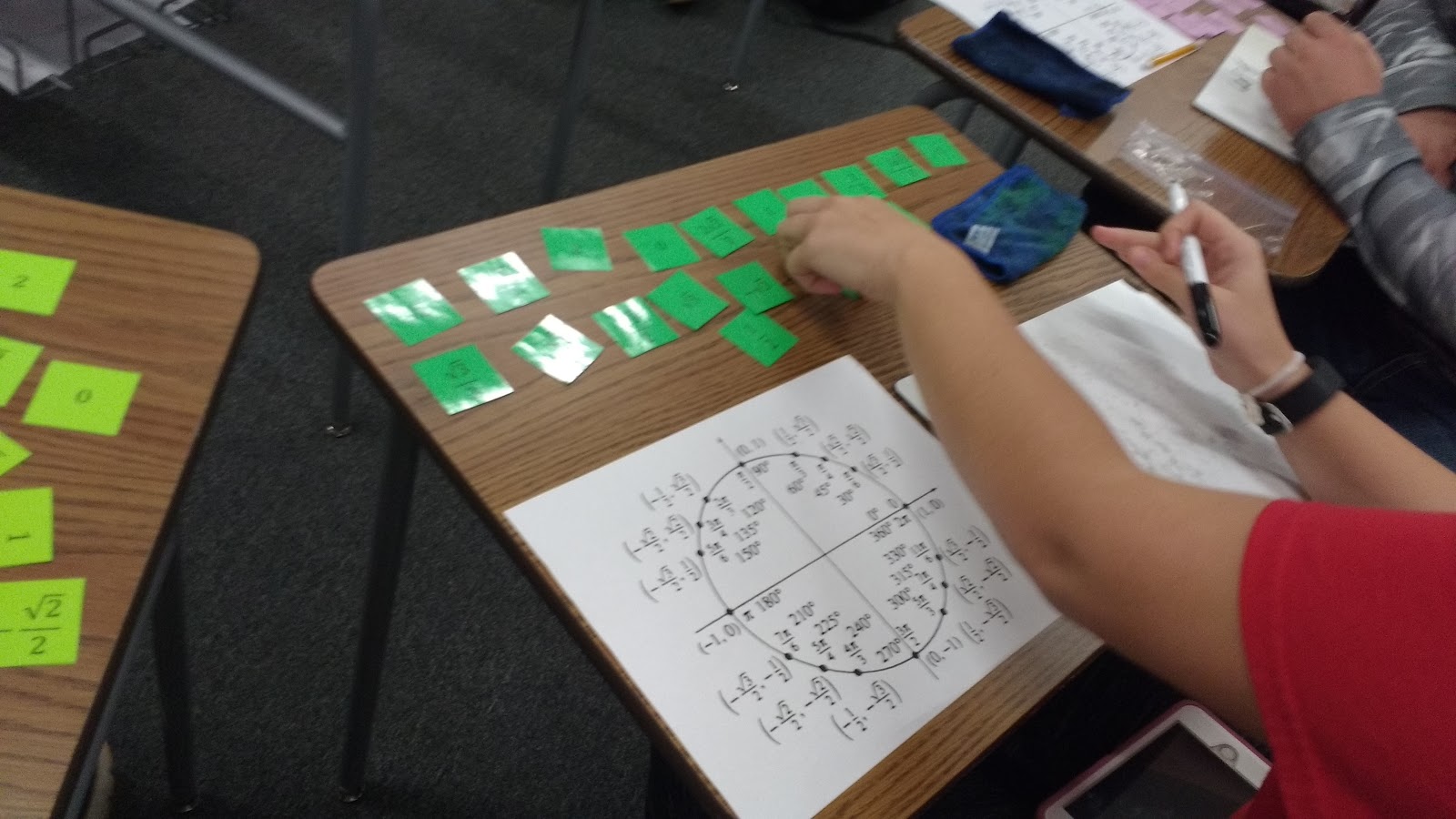
Each student lays out their answer bank on their desk. They will not keep the same answer bank throughout the game, but that is okay.
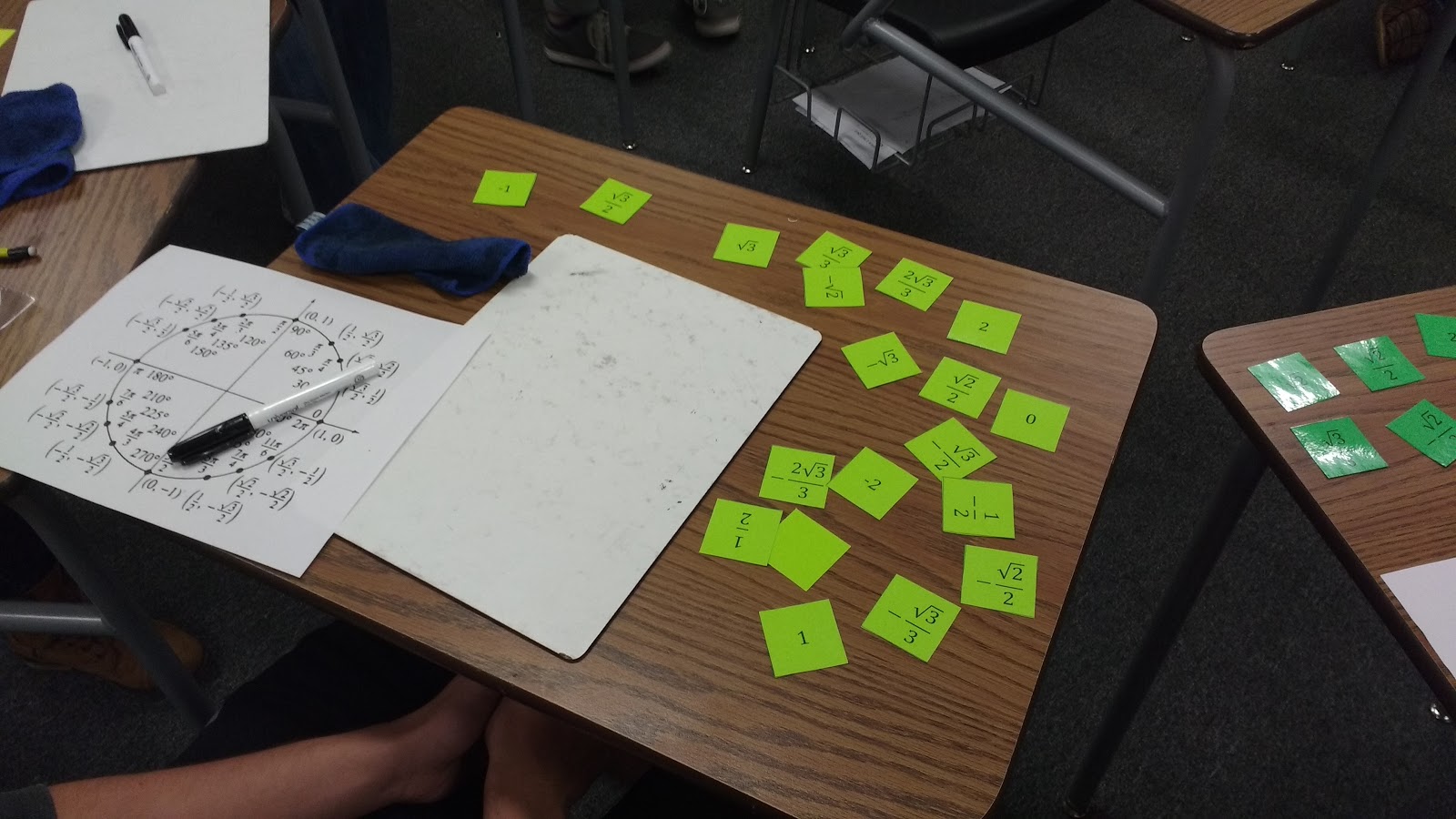
Put a problem up on the board for students to solve. I would normally do this with my SMARTBoard, but my projector has been dead since October 5th. Today is November 19th. That is a really long time without a SMARTBoard. And, I miss it so much. I’m supposed to be getting a “new to me” projector over Thanksgiving break. Hopefully it works out! I teach in a school with a very small amount of technology to start with, so having no SMARTBoard and no document camera is even more depressing than normal.
I just wrote the trig function for them to calculate on the dry erase board. Each student had a unit circle and a dry erase board/marker/eraser at their seat. Each student calculated the exact value of the trig function and grabbed the correct card from their answer bank when they figured it out. I told them to hide the card in their hand so nobody else could see it.
When I first learned about this game, I was worried about students looking at their neighbors’ answer banks and cheating. This turned out to not be a problem. I’m not sure if this is because I used this game with my trig students or because there were 20 different cards in the answer bank.
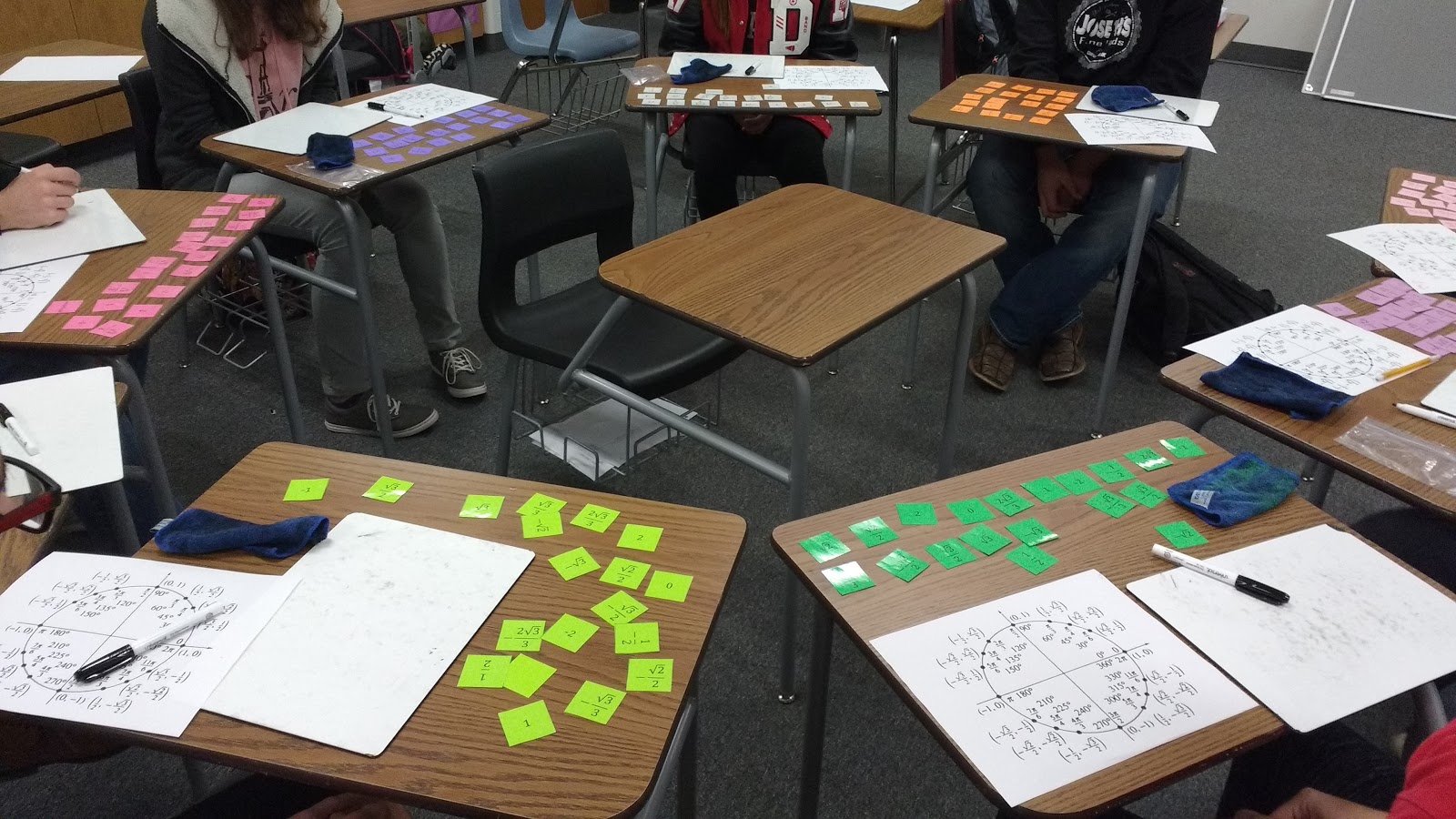
You will have to choose whether you will give students a certain amount of time for each question or if you will just play it by ear and move on when most/all students have arrived at an answer.
When time is up or most/all students are done, ask students to show the card in their hand to their neighbors. This helps keeps students accountable. It also leads to some great conversations when the answers don’t match.
If students disagree about the answers or if some students didn’t answer, work out the problem on the board for students to see. After determining the correct answer, have each student who got the correct answer to stand up.
Determine if students will rotate clockwise or counterclockwise. The students who are standing will rotate one spot in that direction. If a student needs to rotate into a seat that is taken by a seated student, they will “leap frog” over that student and any other students until they arrive at an empty seat.
So, how do you win the leap frog game? There are several choices. You can say that the first student to get back to their original seat wins. Of course, that brings up the issue of a student who ends up going past their original seat because the student in their original seat gets the answer wrong. This may be something you wish happens. If so, declare the first student to make it back to their exact original seat the winner. Otherwise, you can have a shorter game by saying that the first student to make it back to or past their original seat is the winner.
I have 8 students in my trig class (plus one student aide who ended up joining us in the game), and we ended up playing two rounds of this leap frog game in about 30-35 minutes.
The students complained about having to get out of their seats at first, but they quickly got into the game. It was a fun way to practice finding exact trig functions without just doing a bunch of problems on a worksheet.
Free Download of Trig Leap Frog Game
Leap Frog Game for Exact Trig Values (PDF) (1805 downloads )
More Activities for Teaching Trigonometry
- Trigonometry Jokes and Puns
- Paper Plate Angle Spinners for Trigonometry
- Trig Reference Angles Activity: Odd One Out
- Evaluating Trig Functions Tarsia Puzzle
- 27 Hands-On Trigonometry Activities
- 5 Free Printable Trigonometry Posters
- Unit Circle Bingo Game
- Quadrants Unlocked Activity
- Printable Radian Sectors
- Trigonometry Calculator Skills Pop Quiz
- Odd One Out Coterminal Angles Activity
- Deriving the Unit Circle Foldable

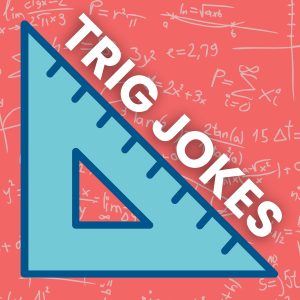
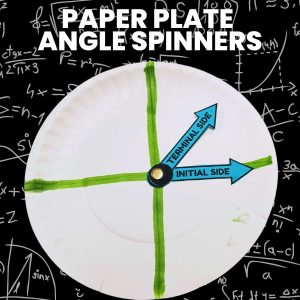
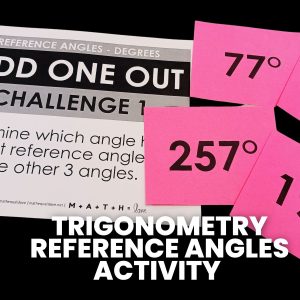
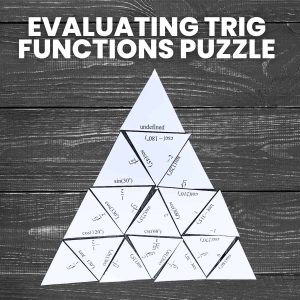
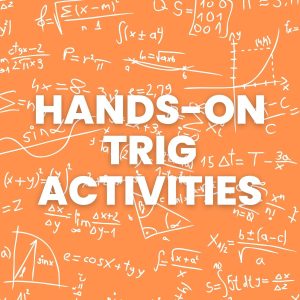

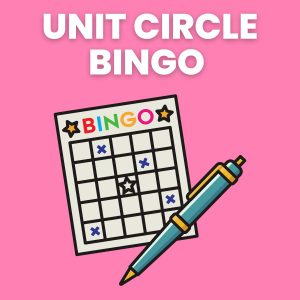
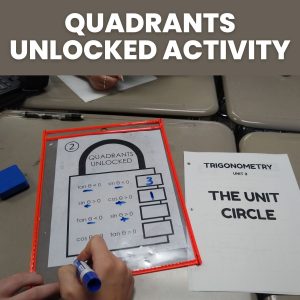
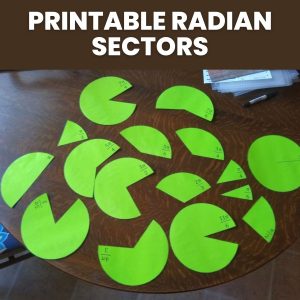
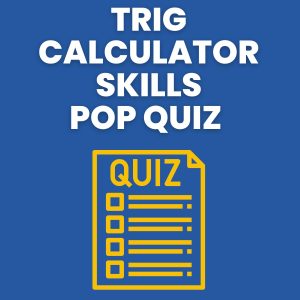
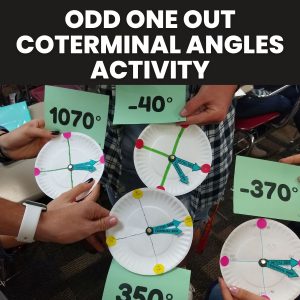
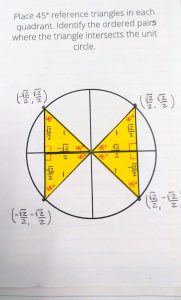
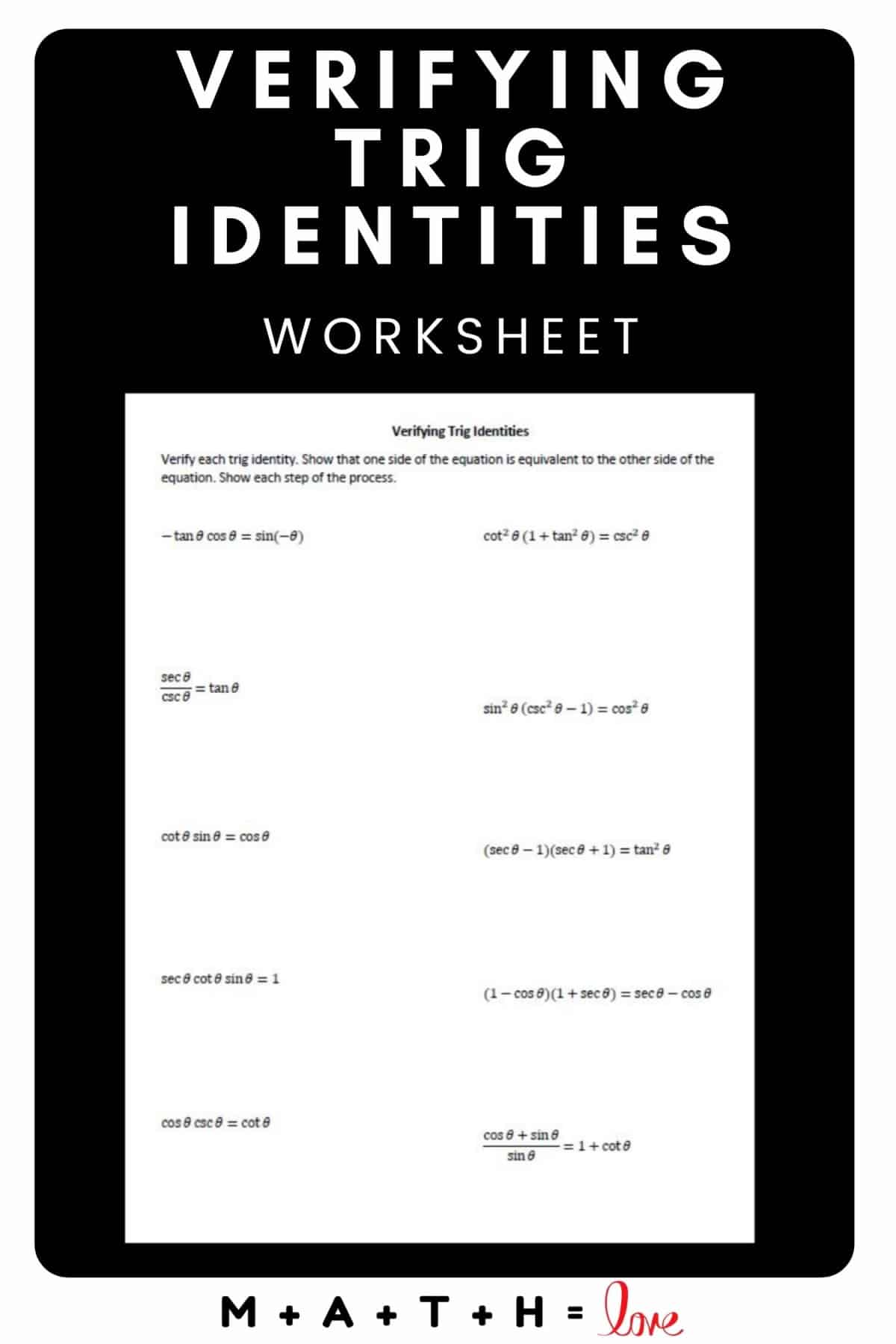
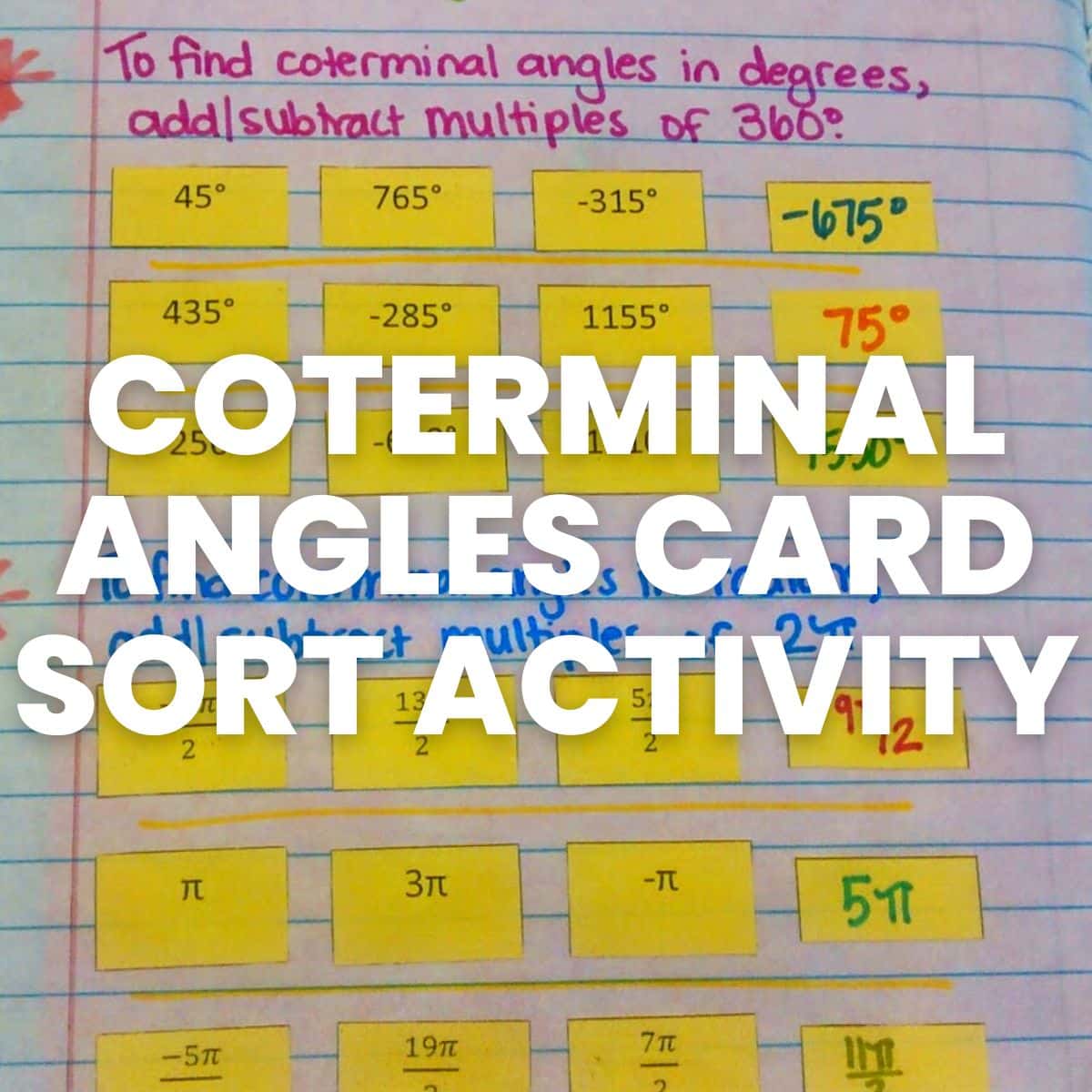
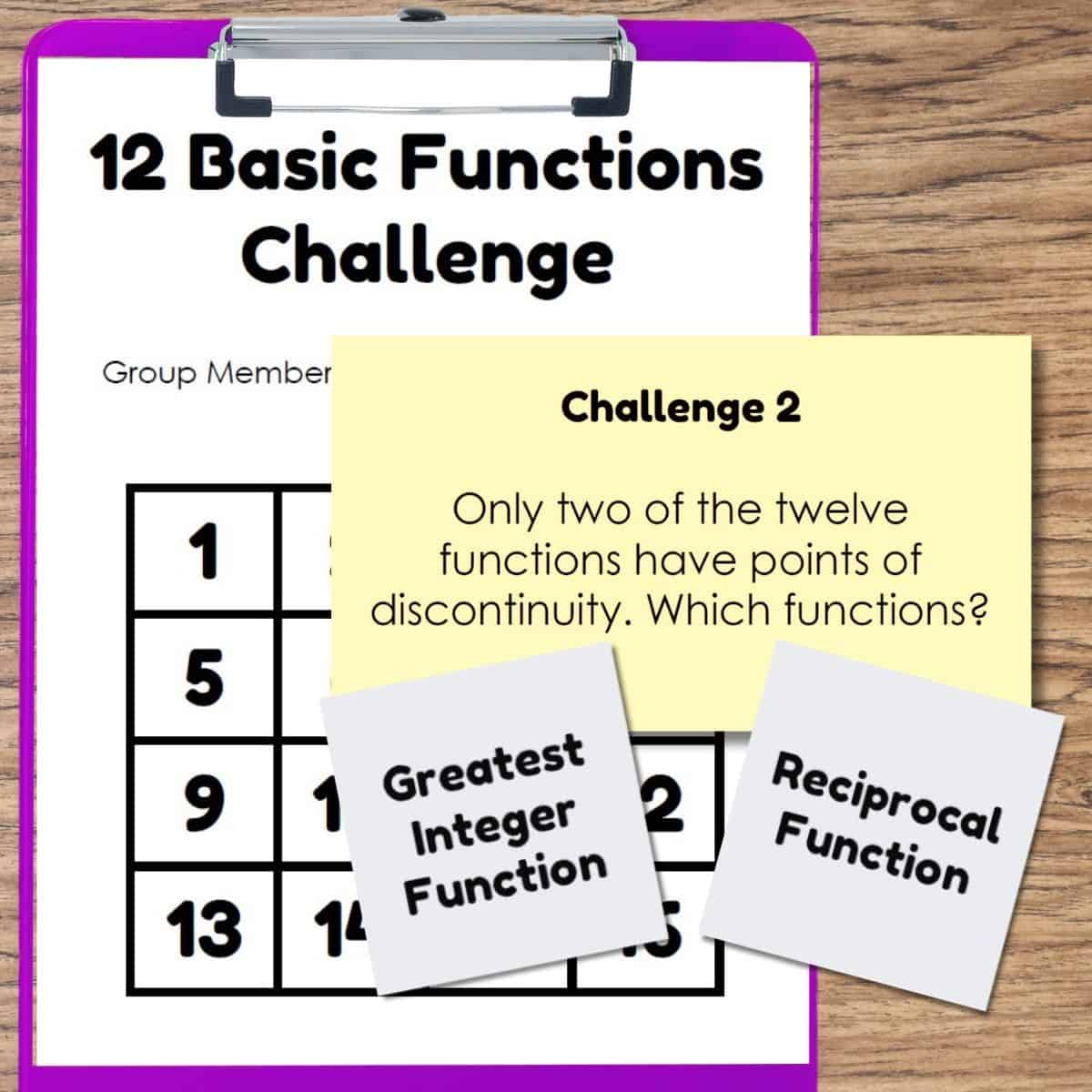
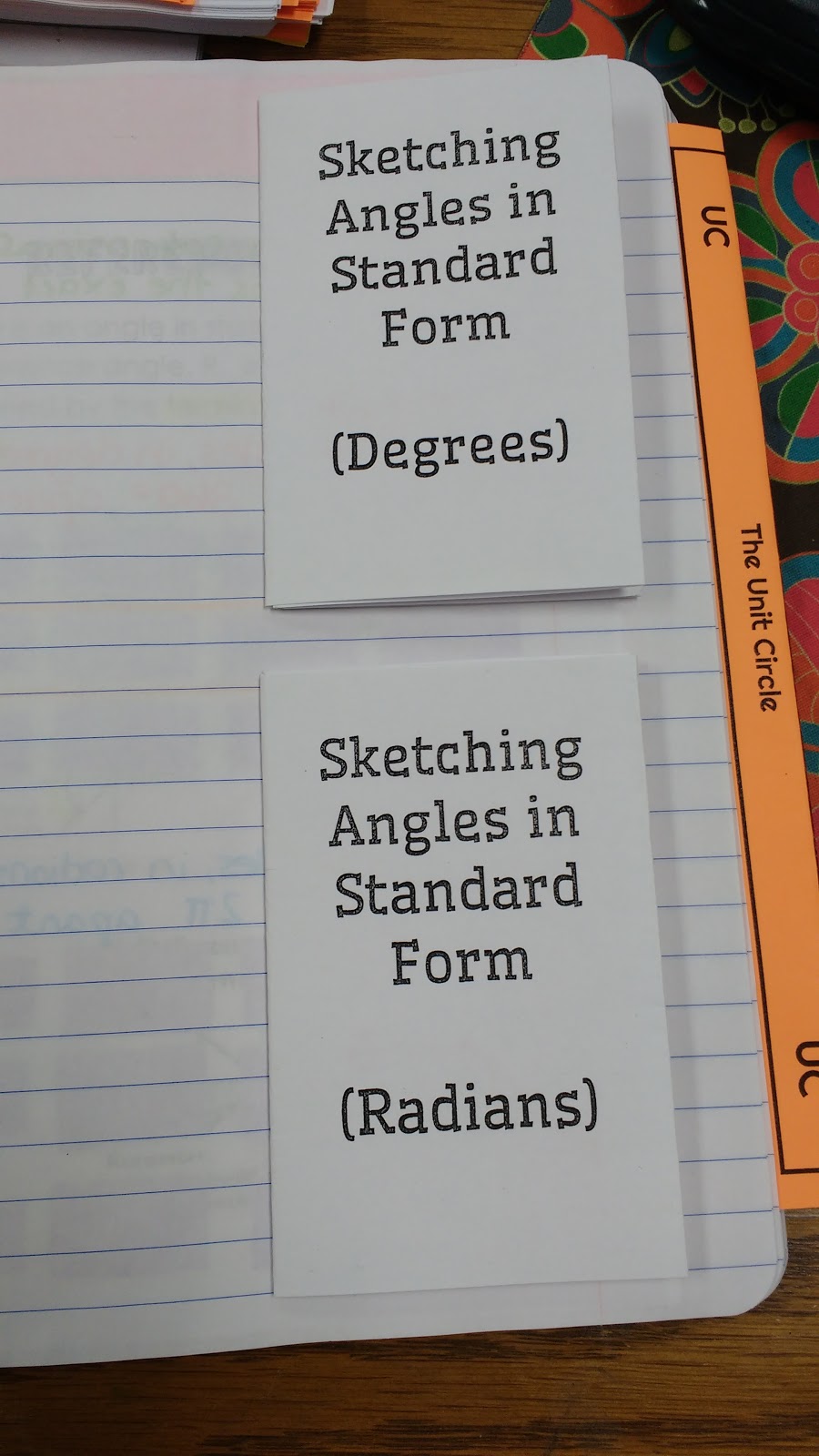
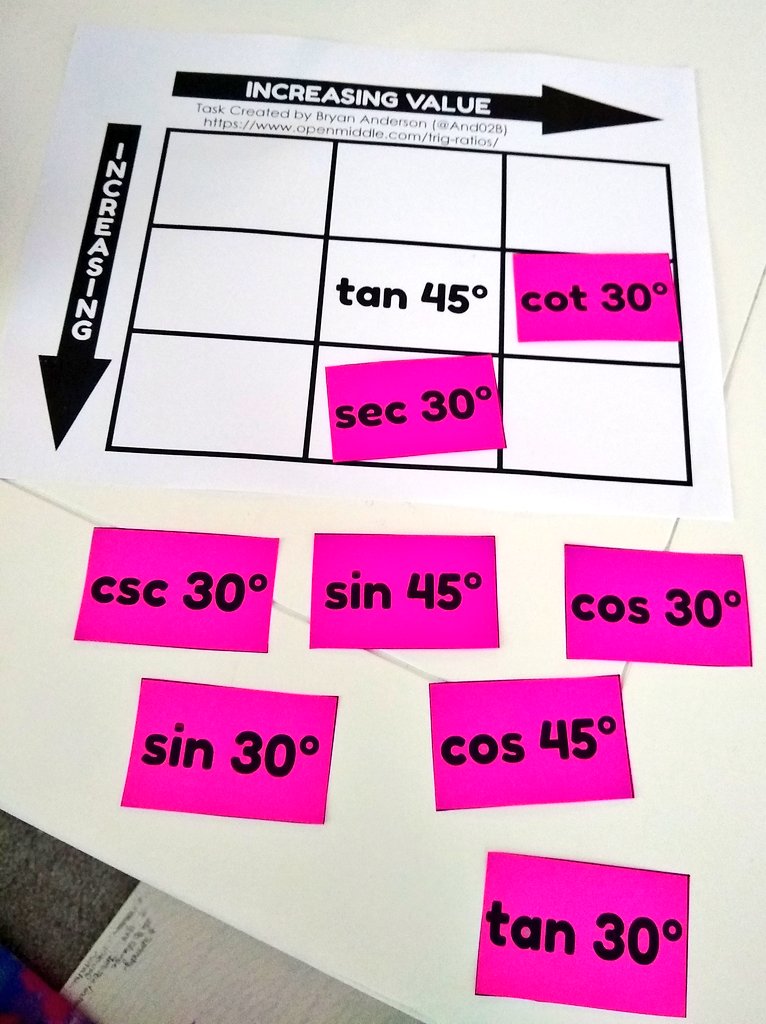
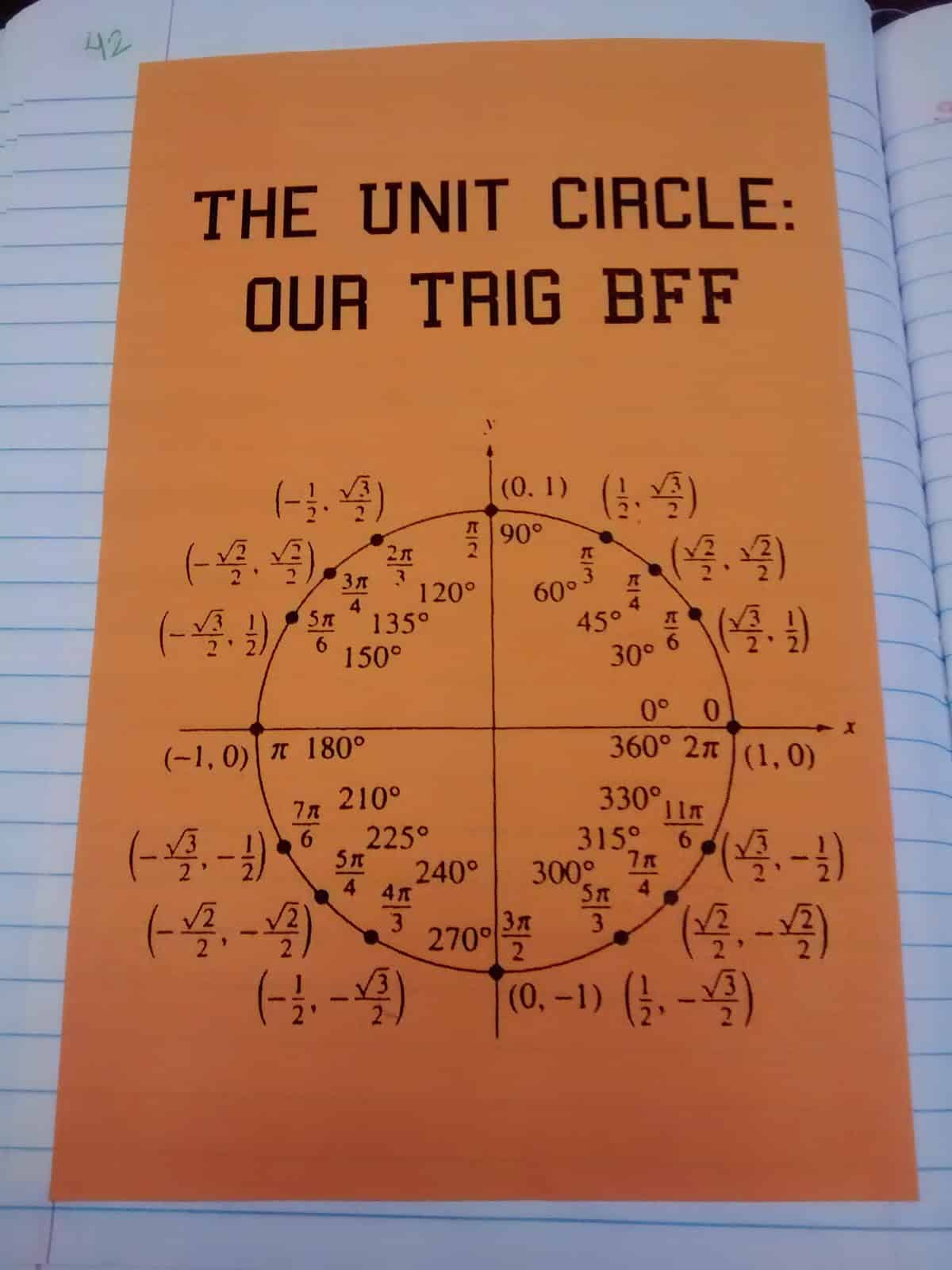
Do you have 8 students in trig class?
OMG I have 40 or 50 students
Are they allowed to change their answer after discussing with neighbors but before you show the correct answer?
This is such a fun idea! Thank you for sharing!!!!!